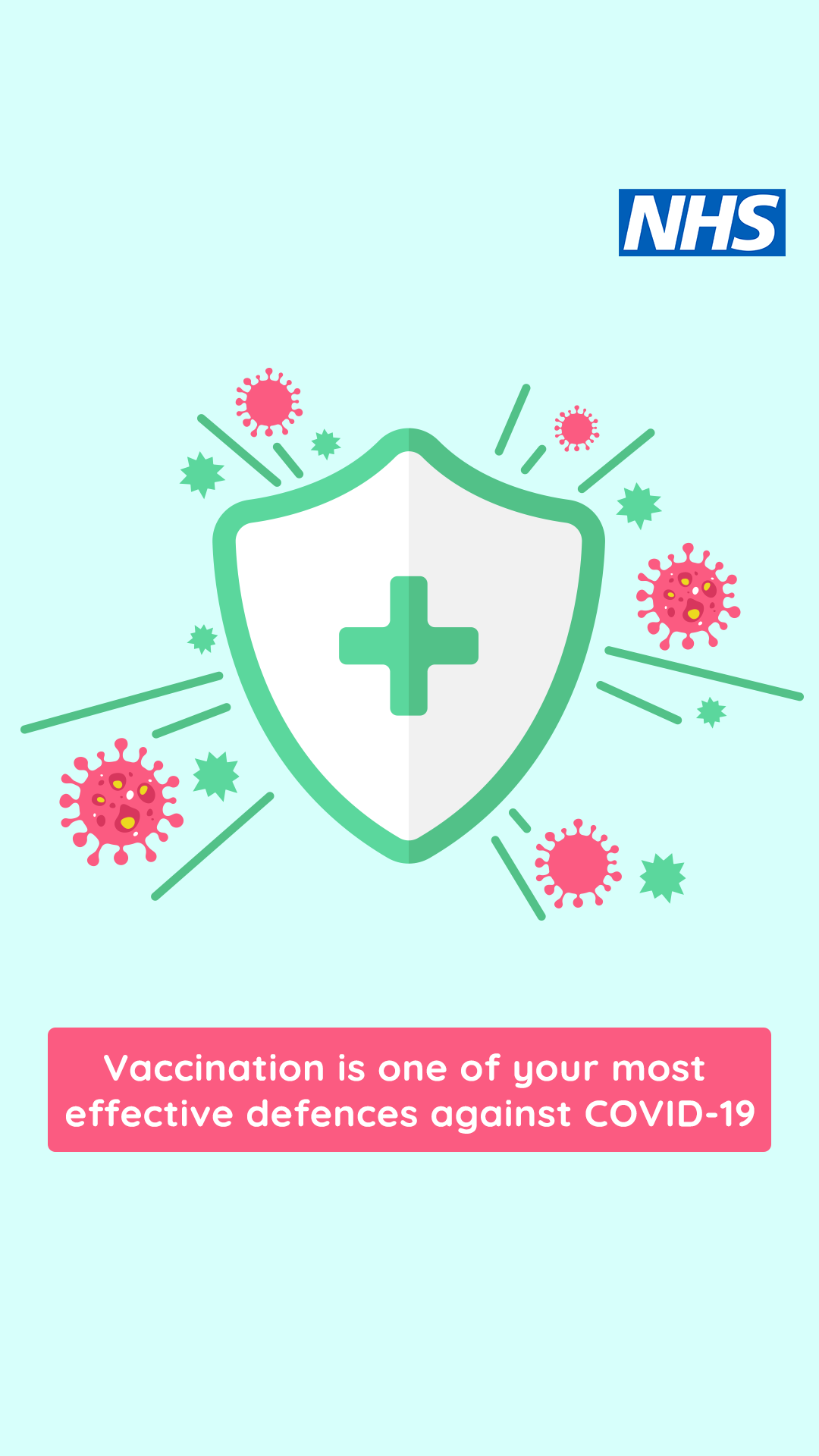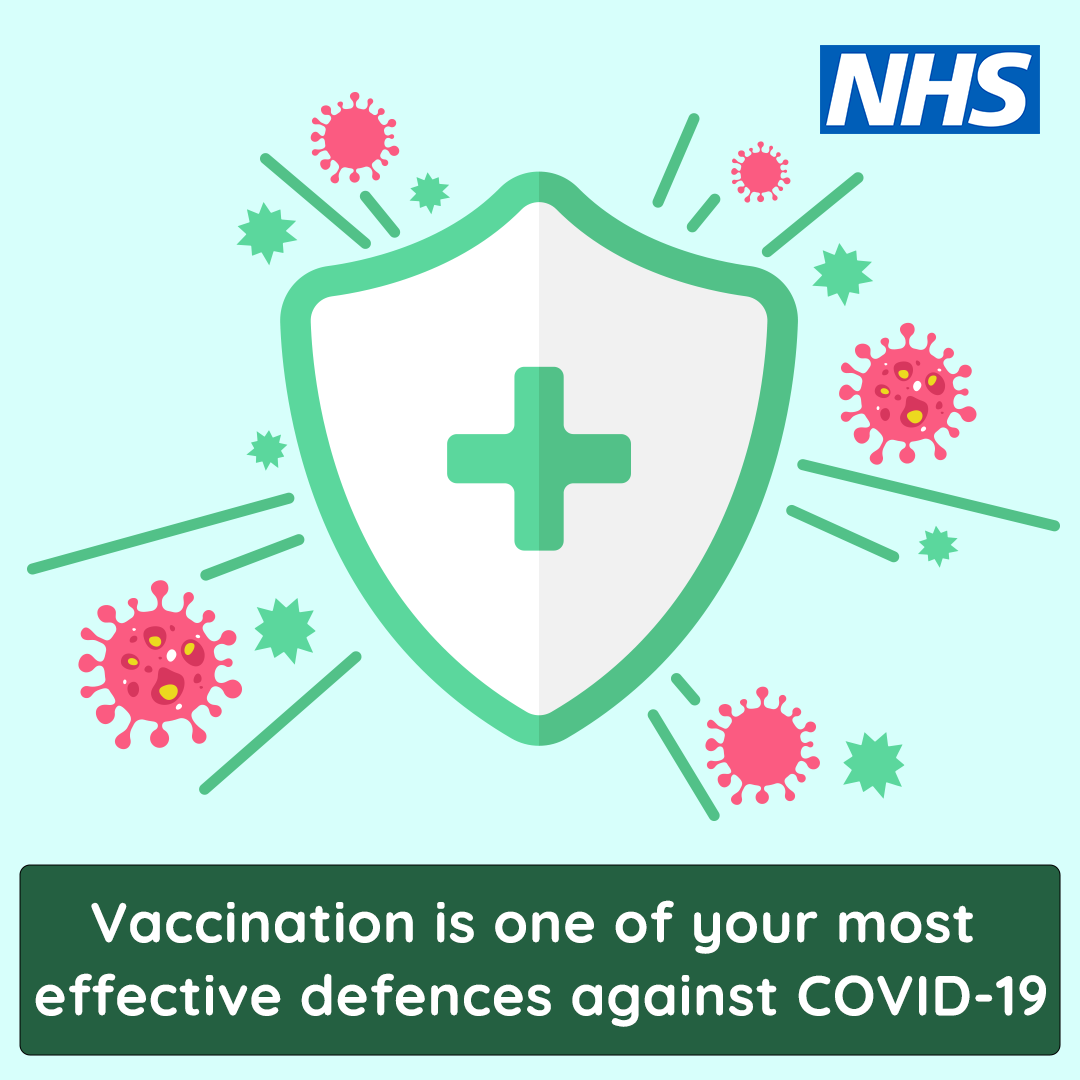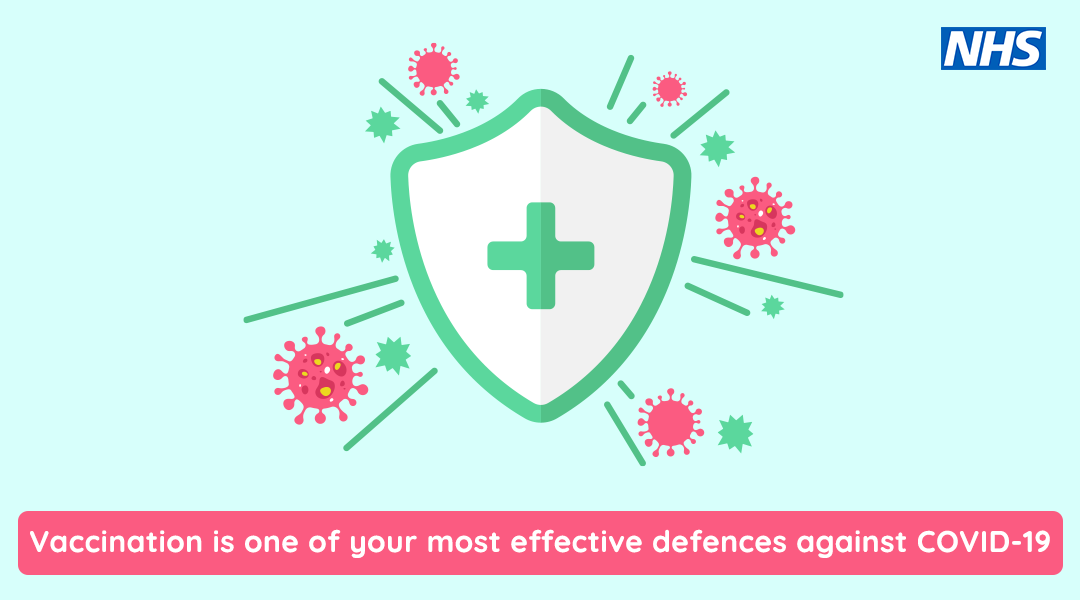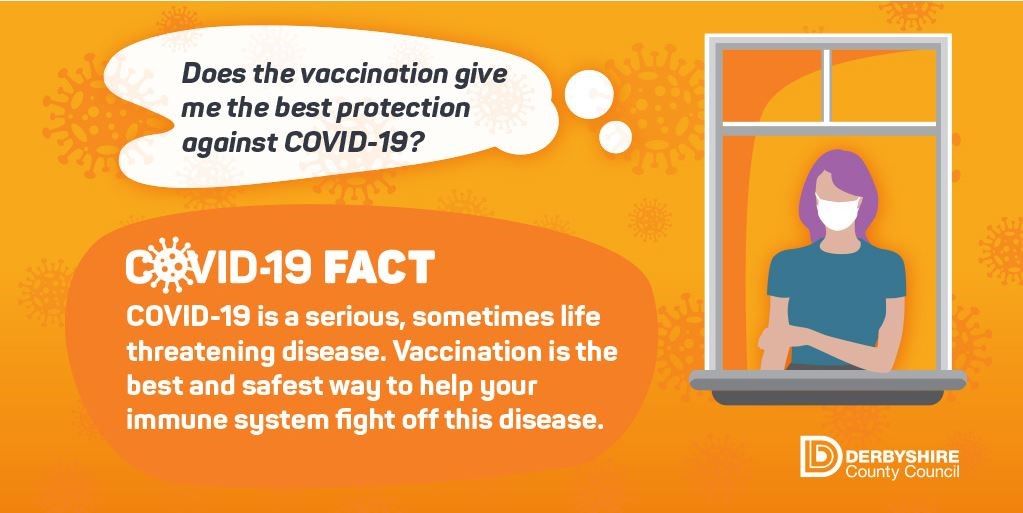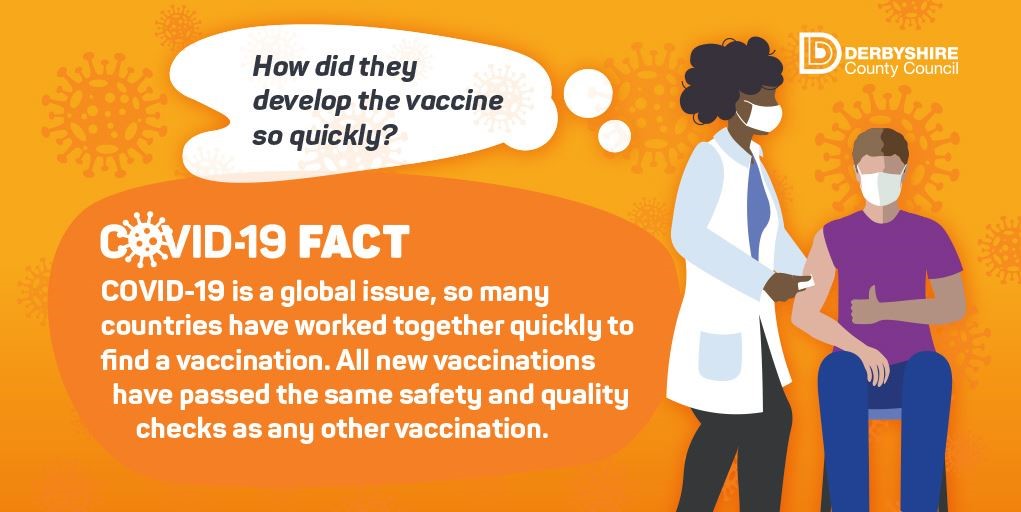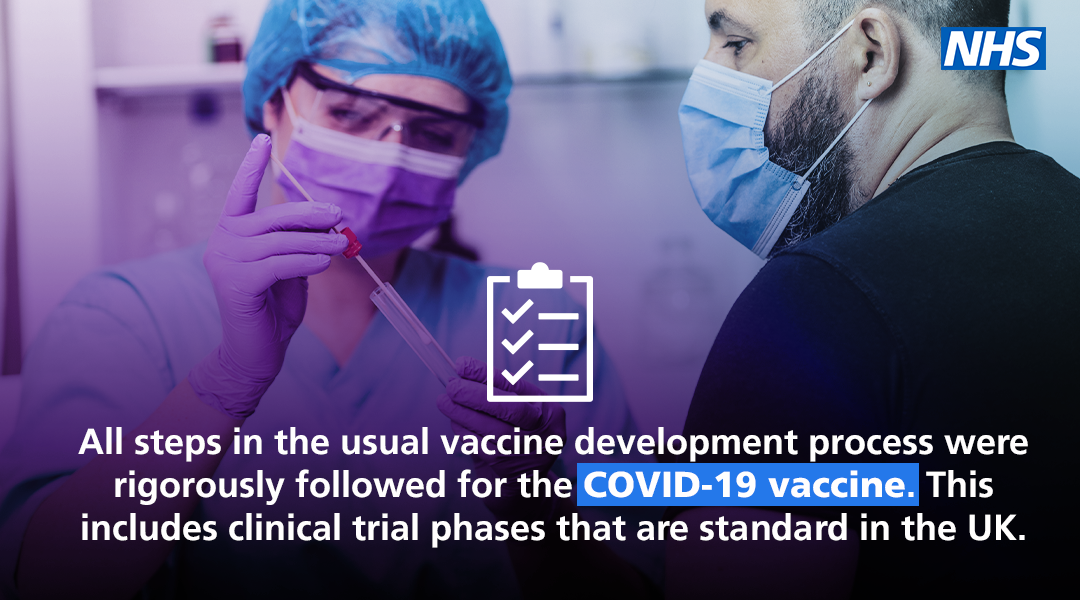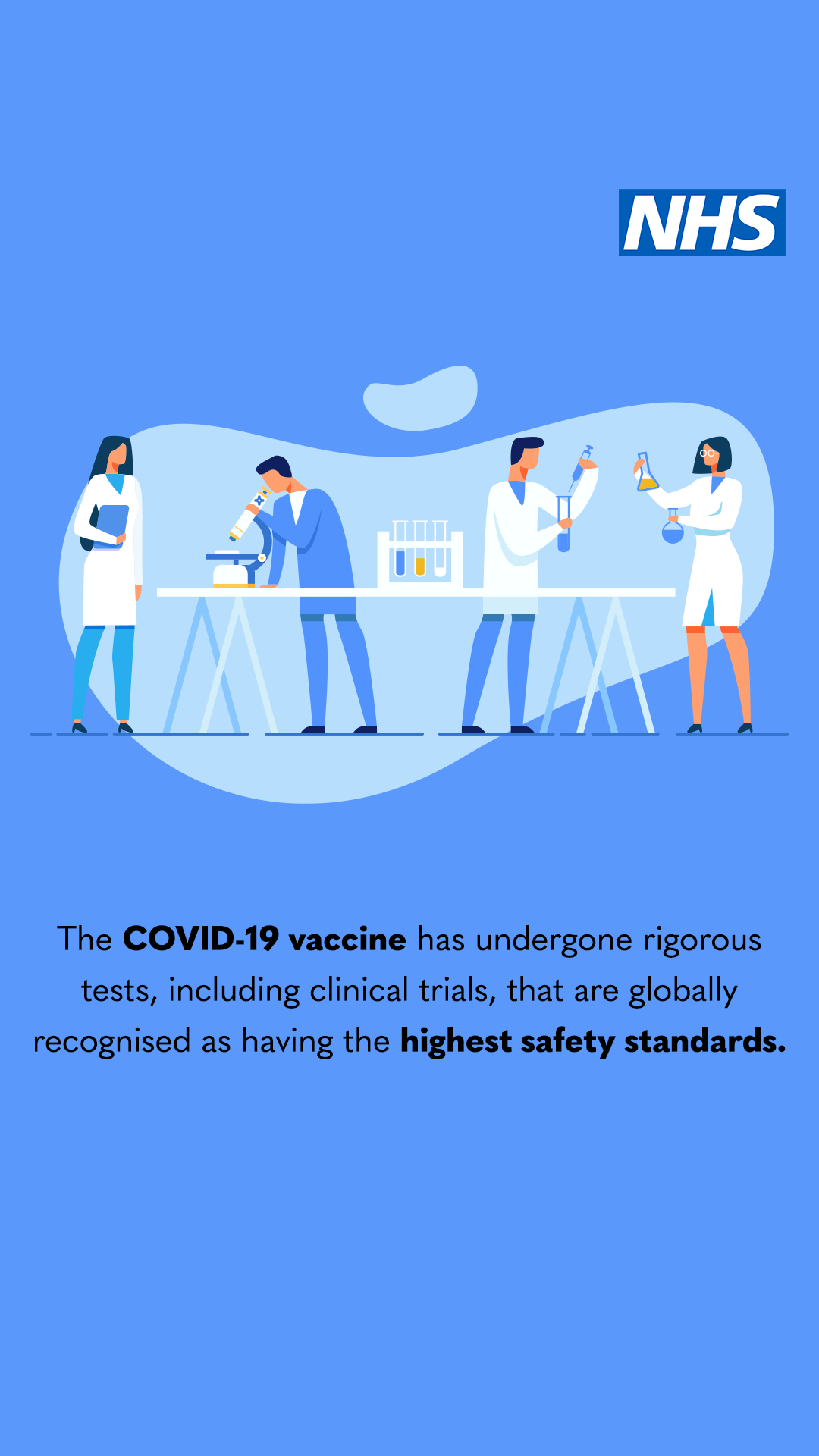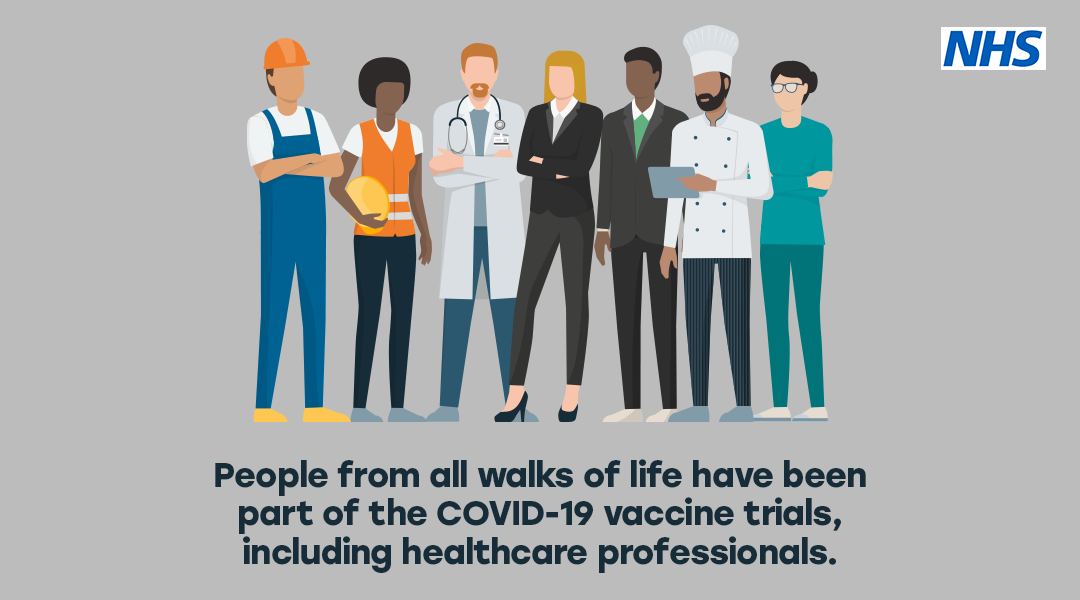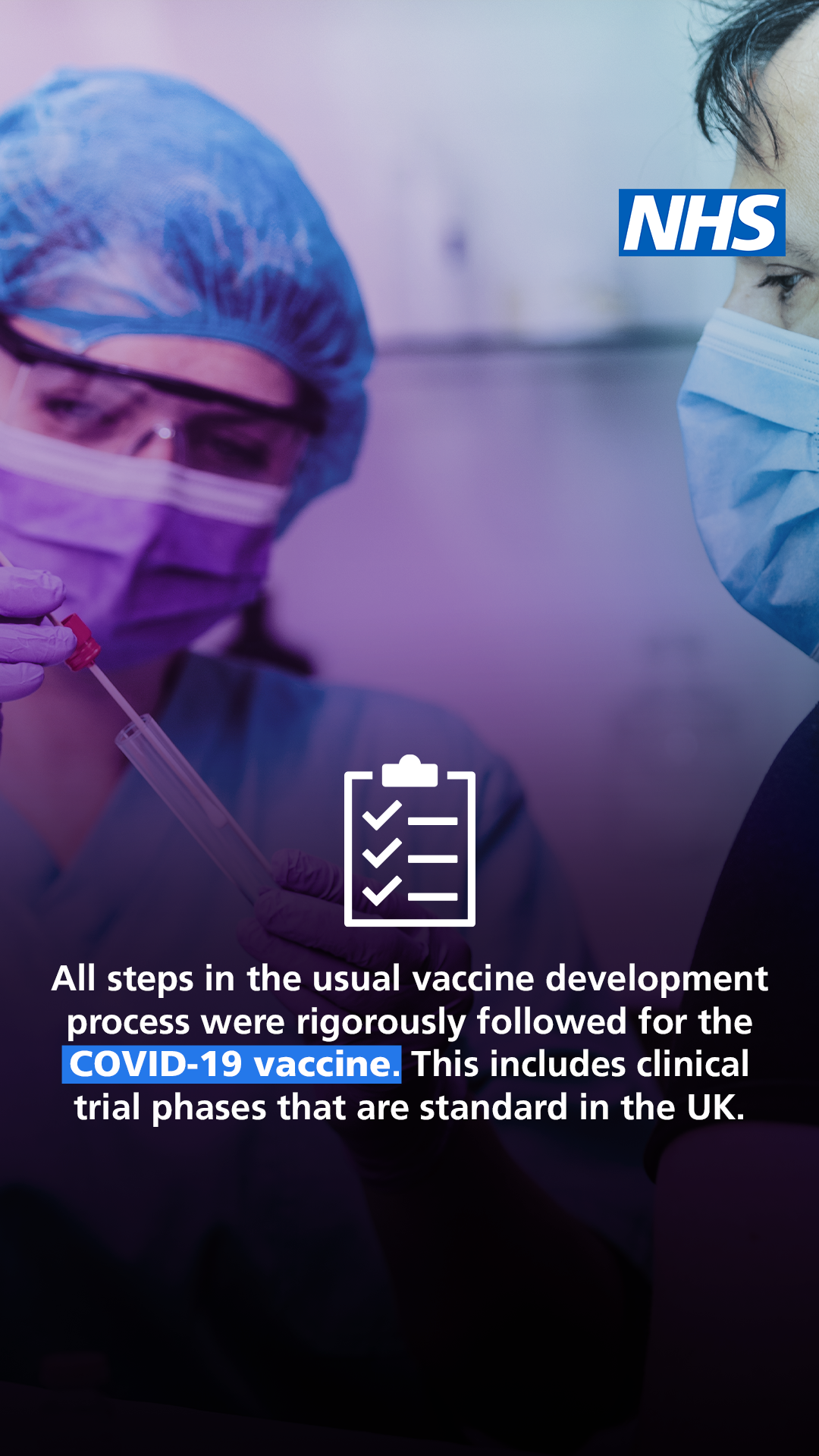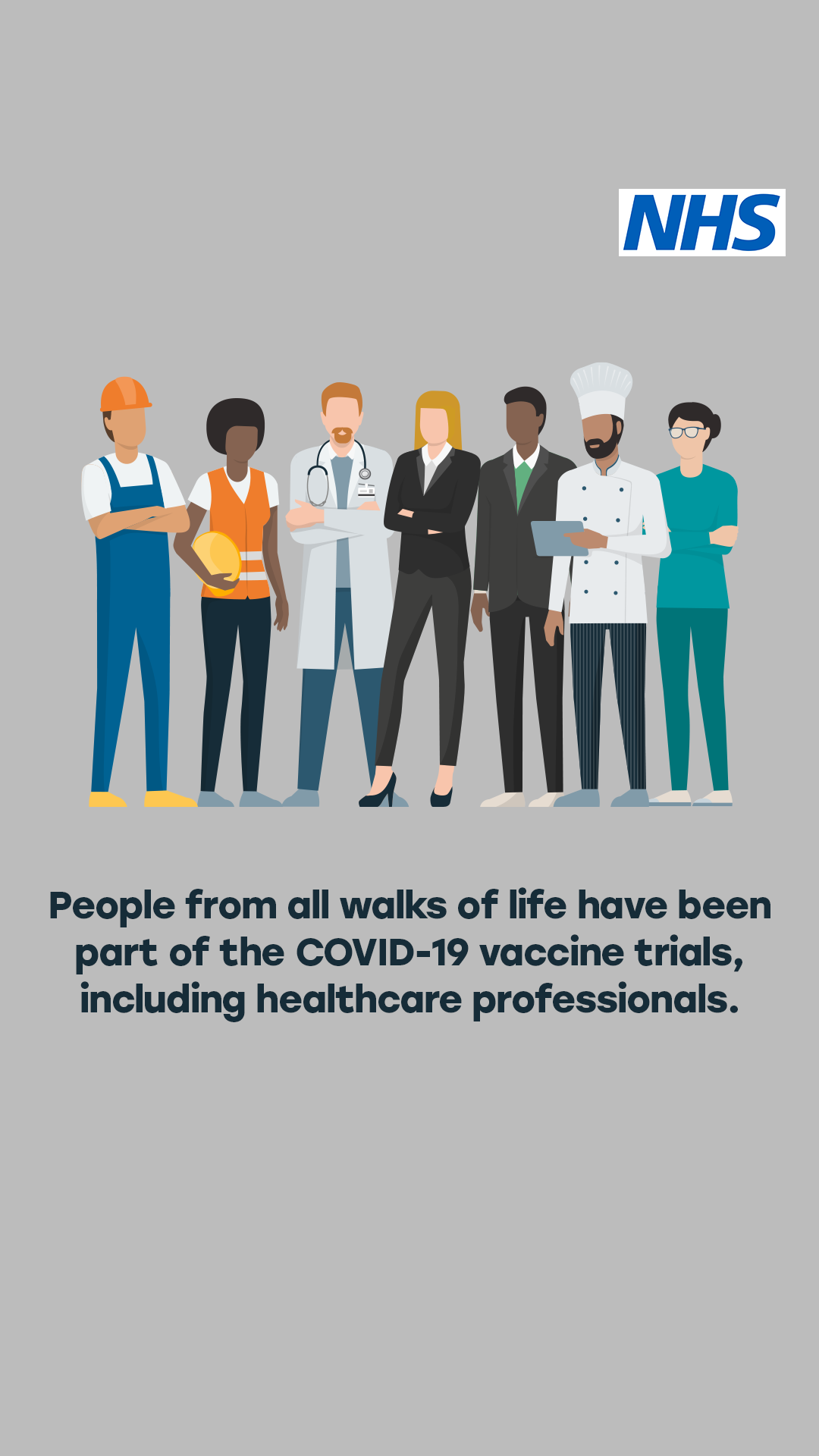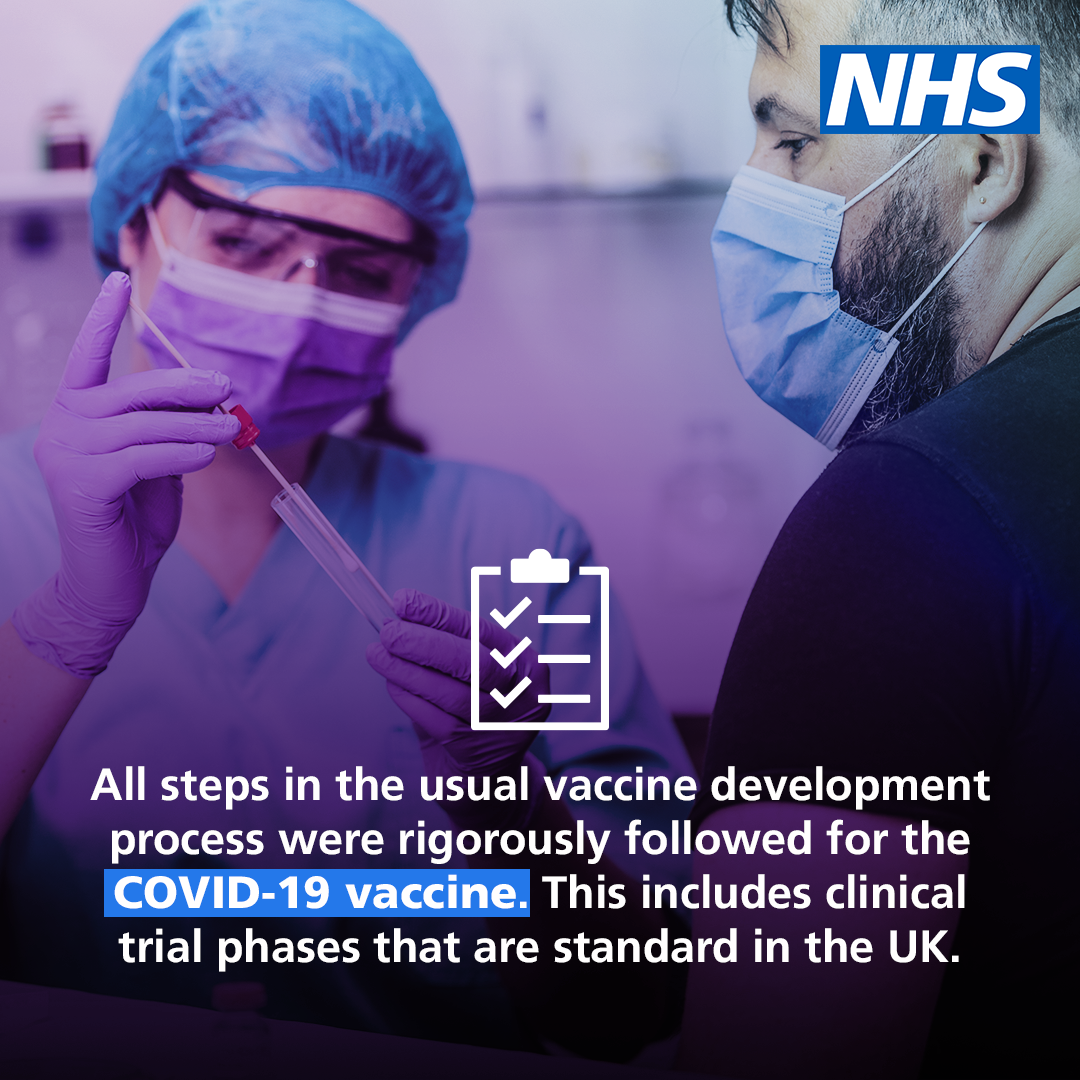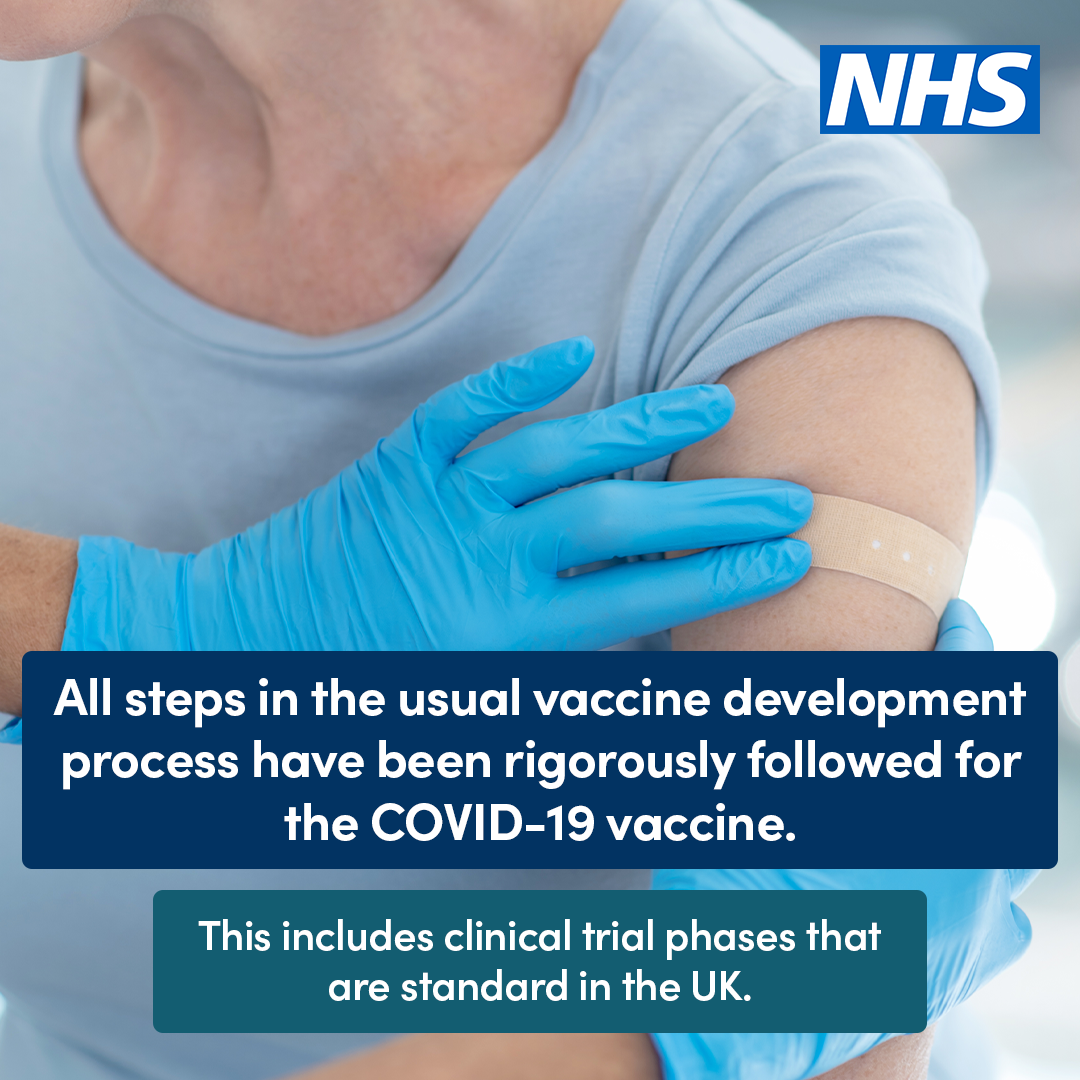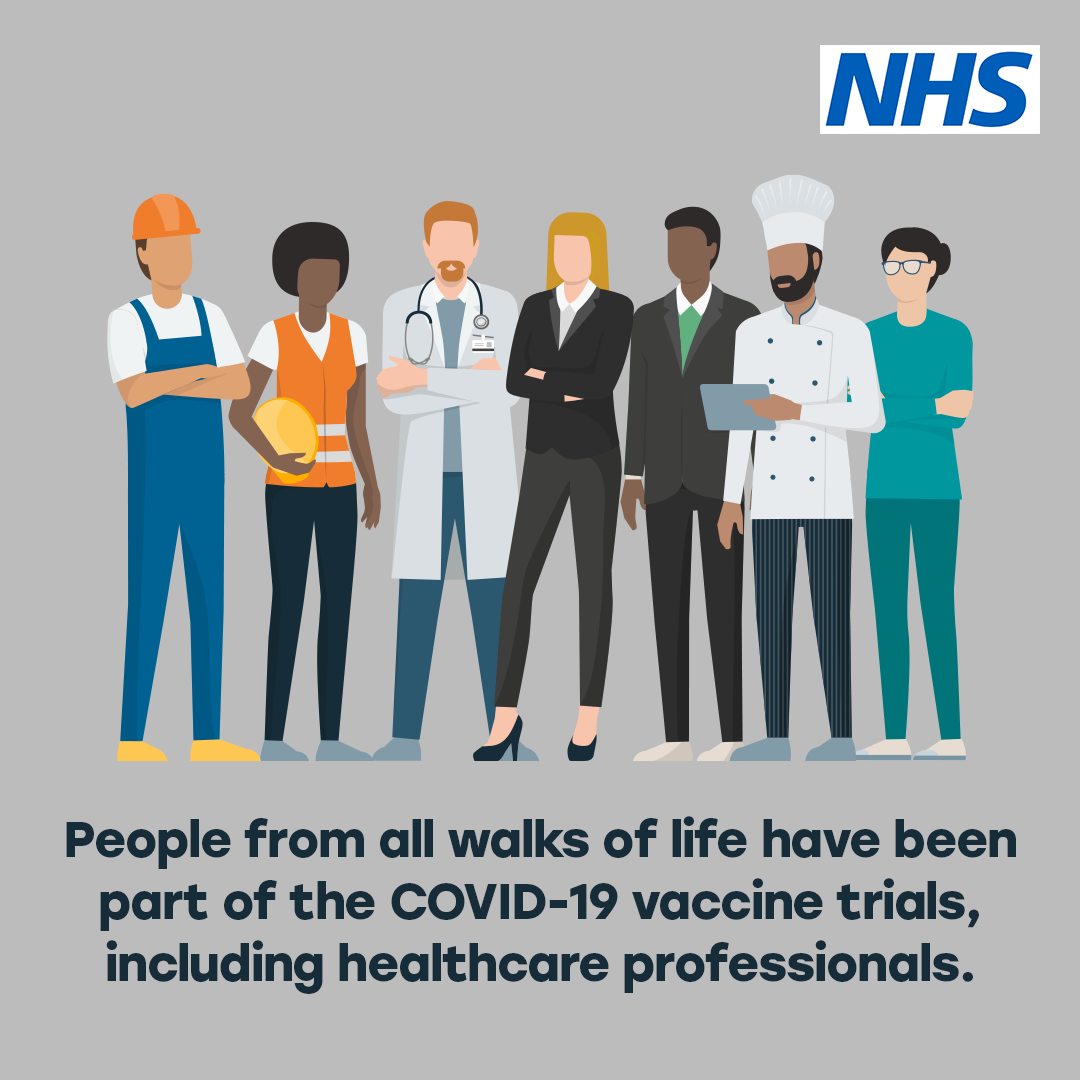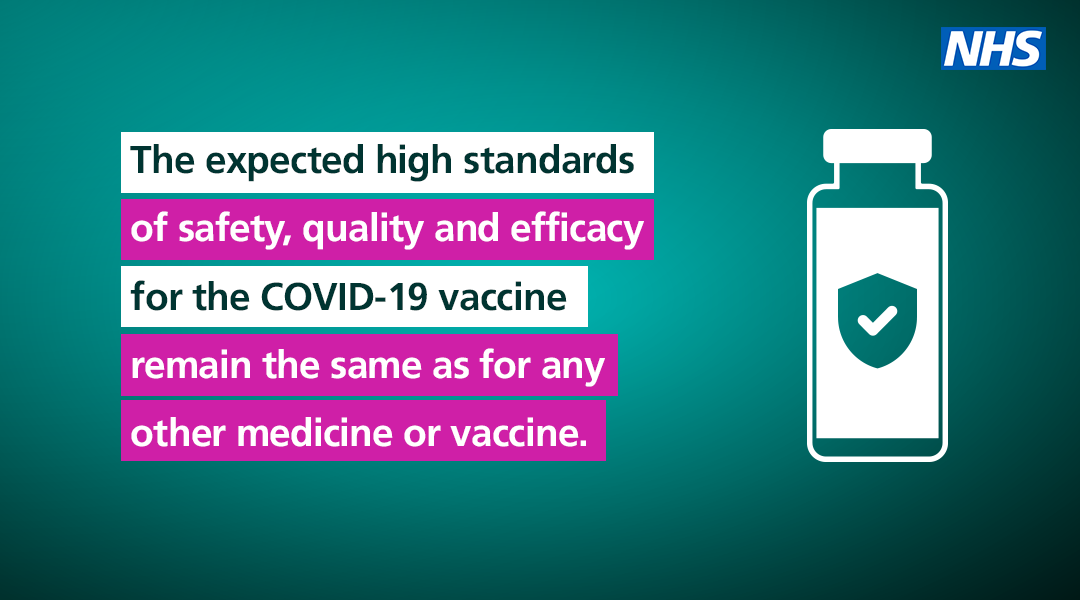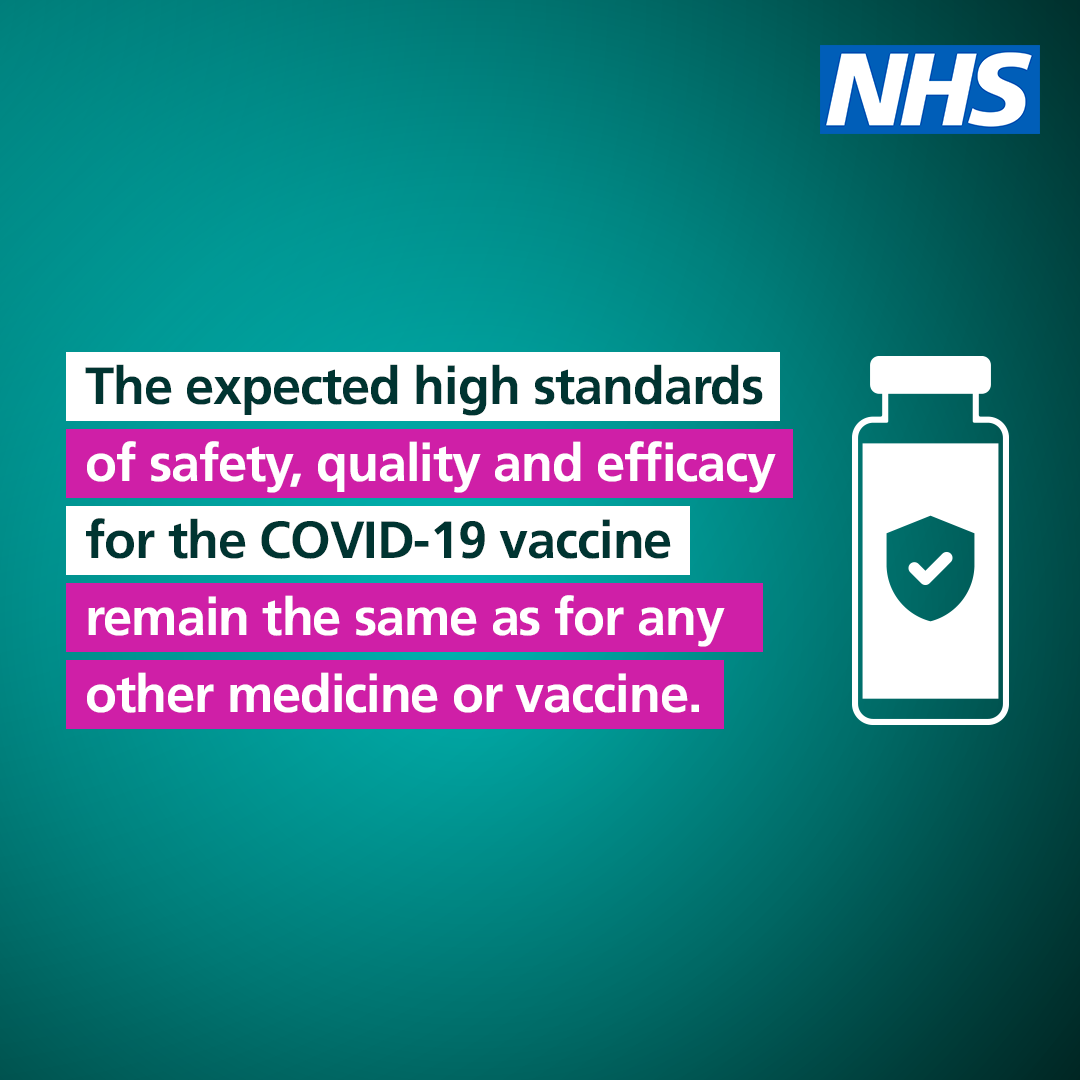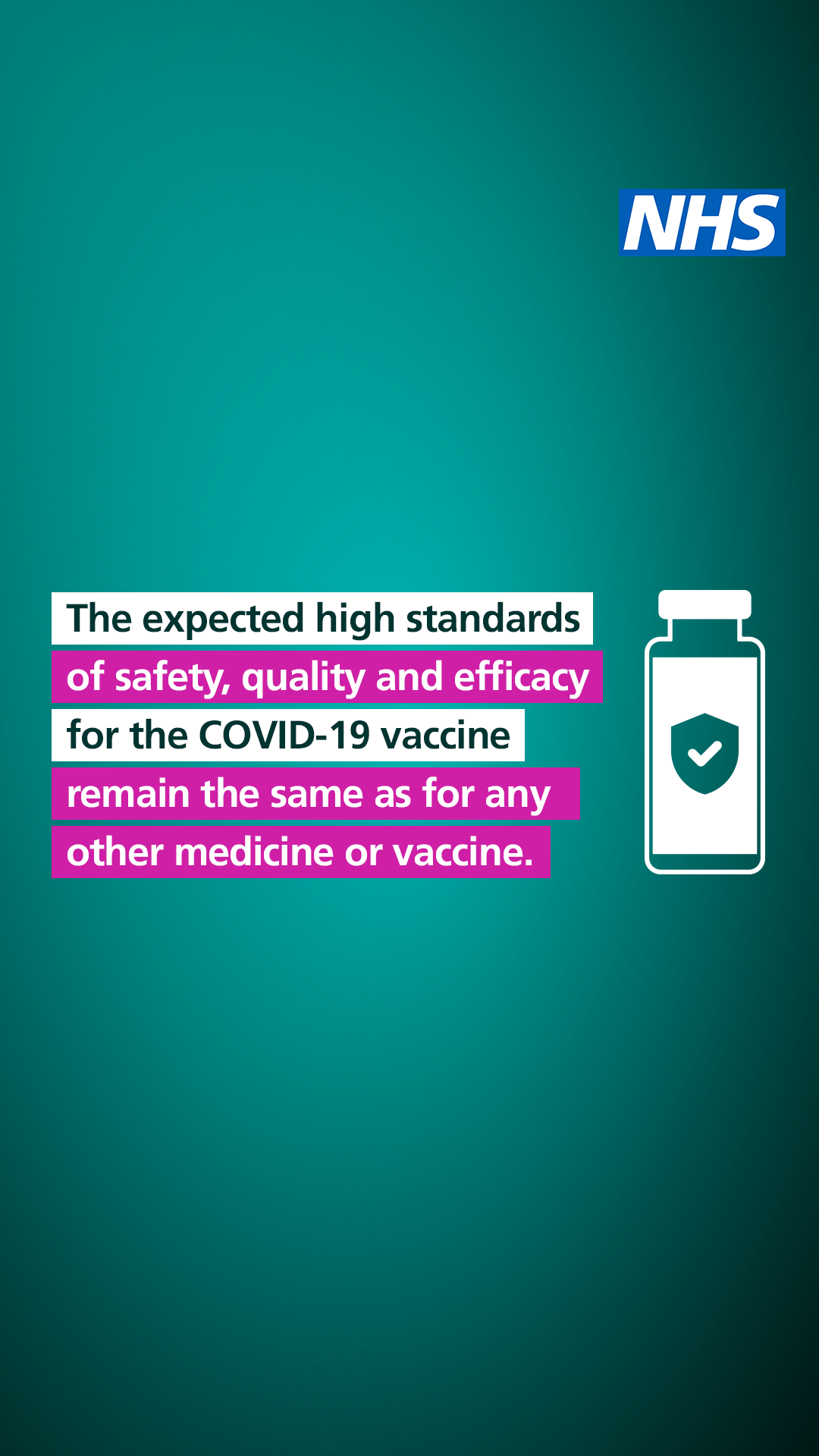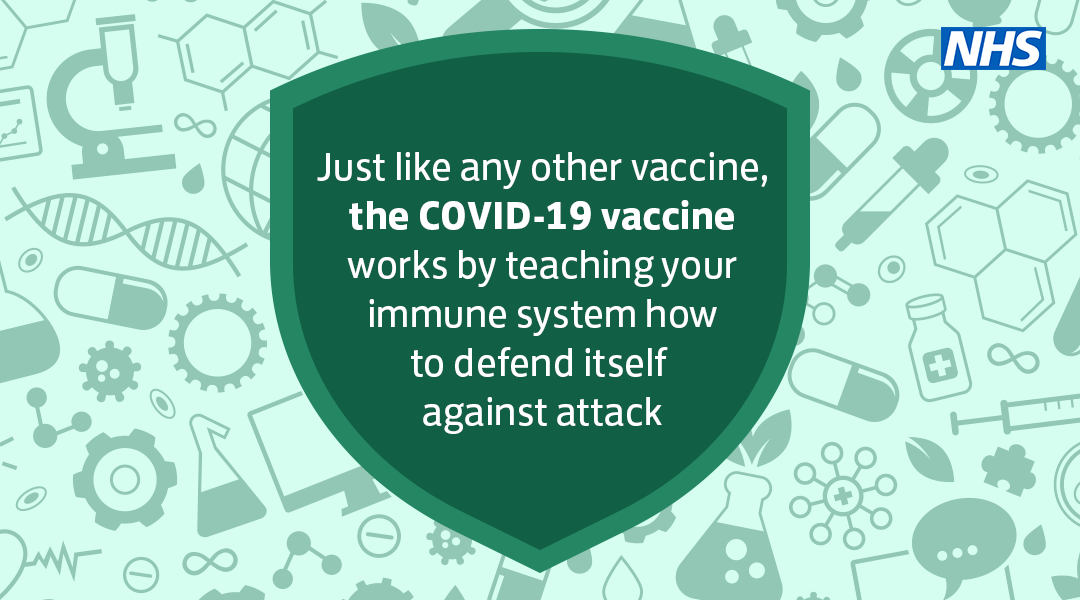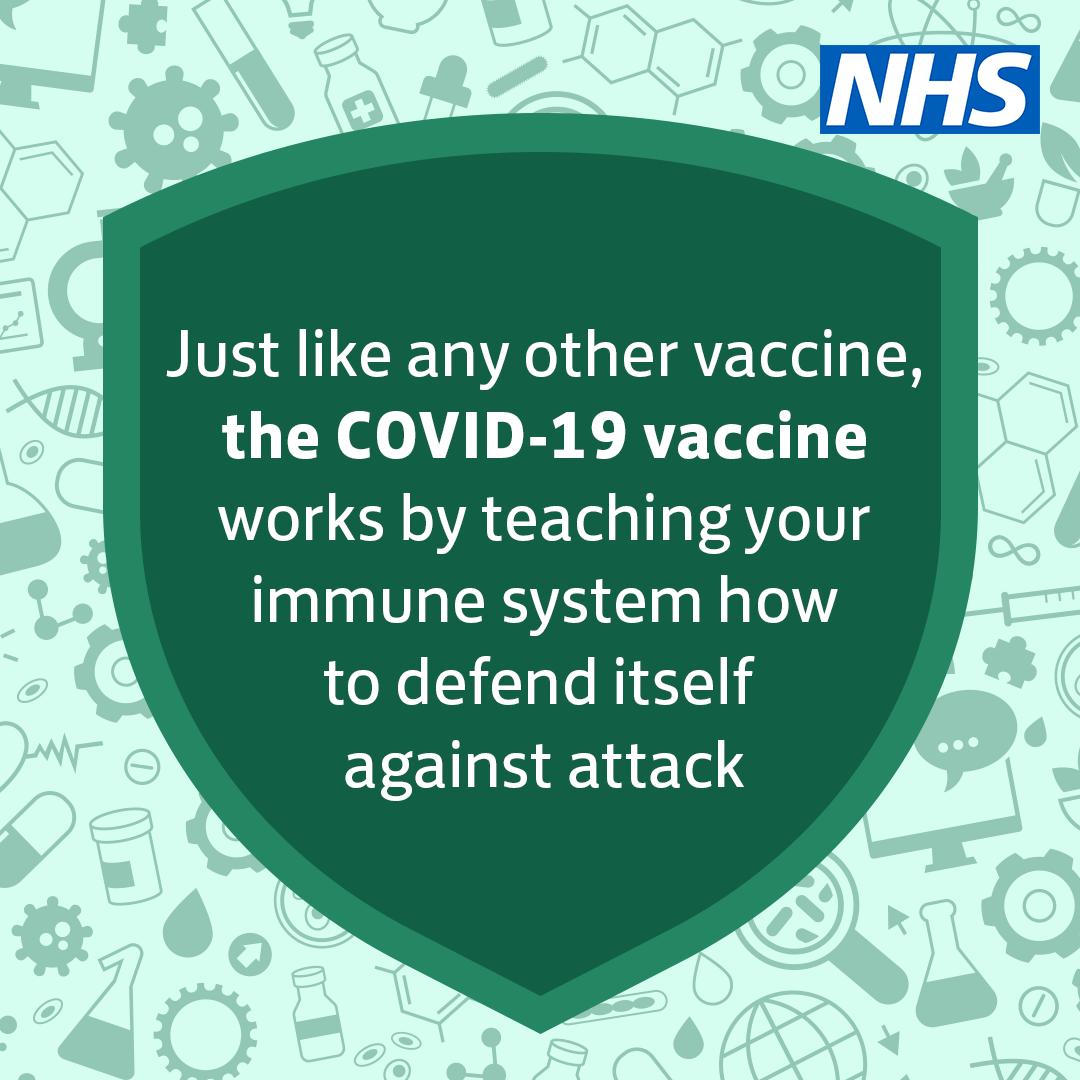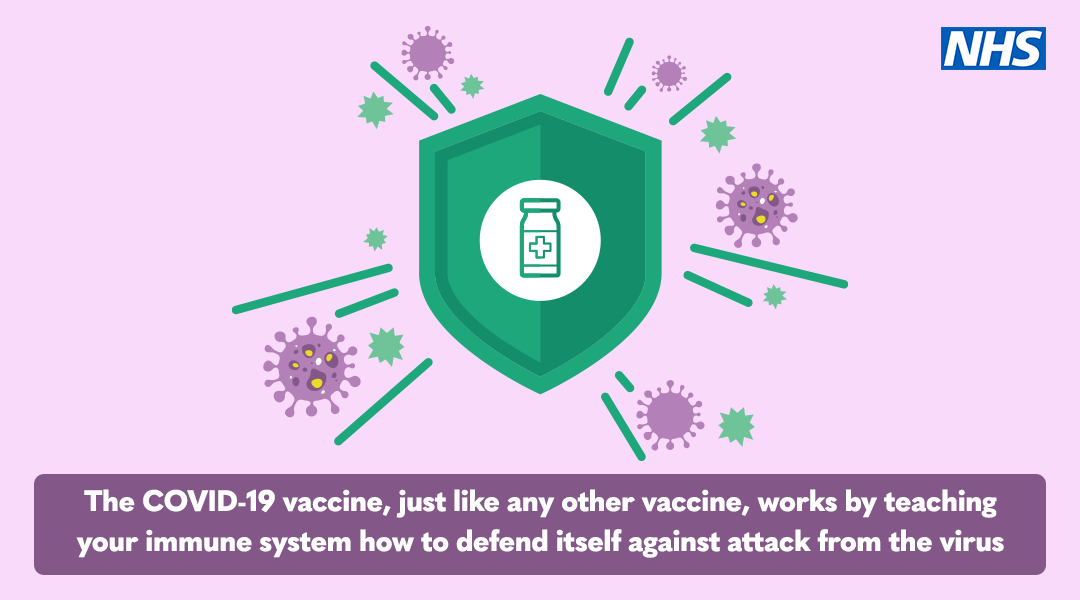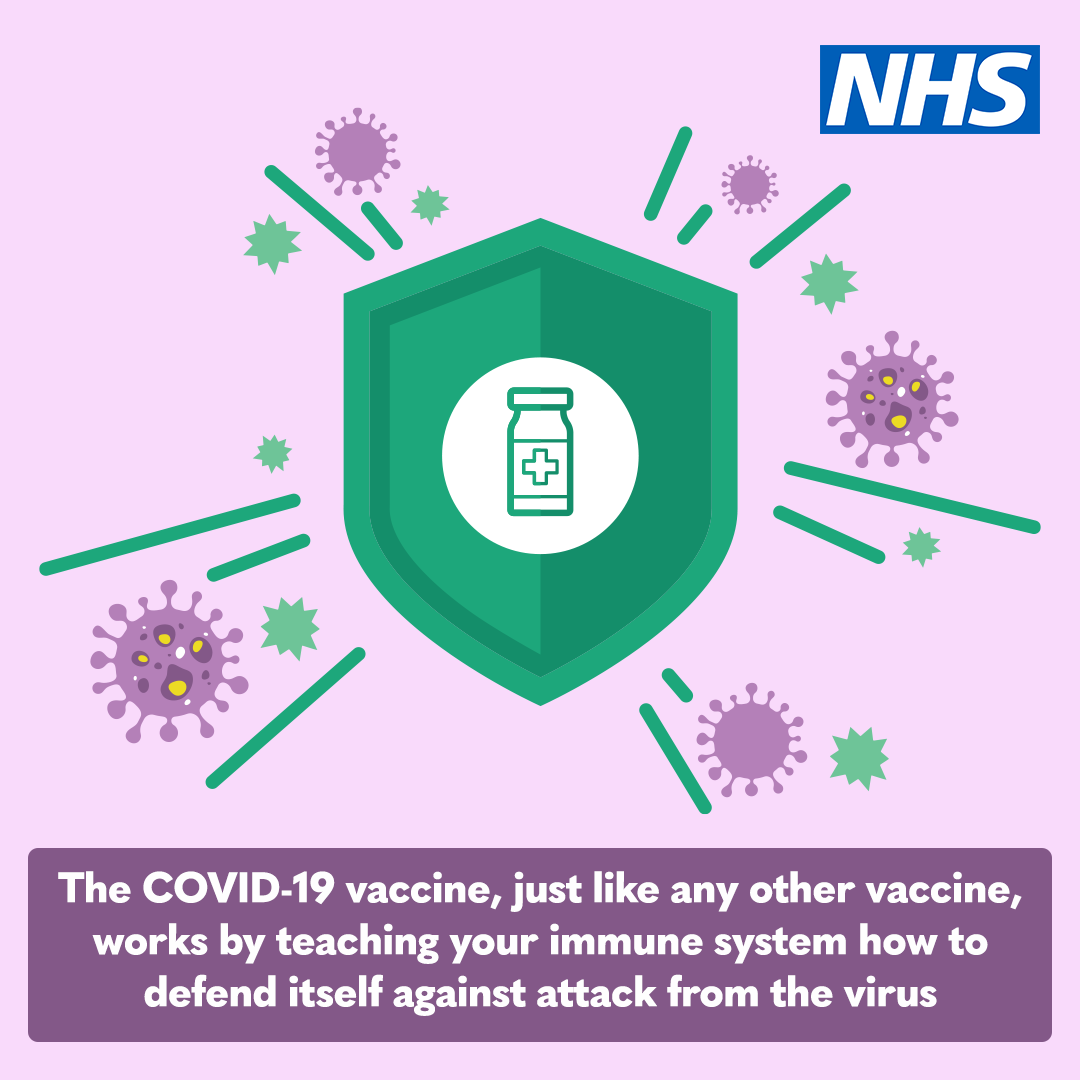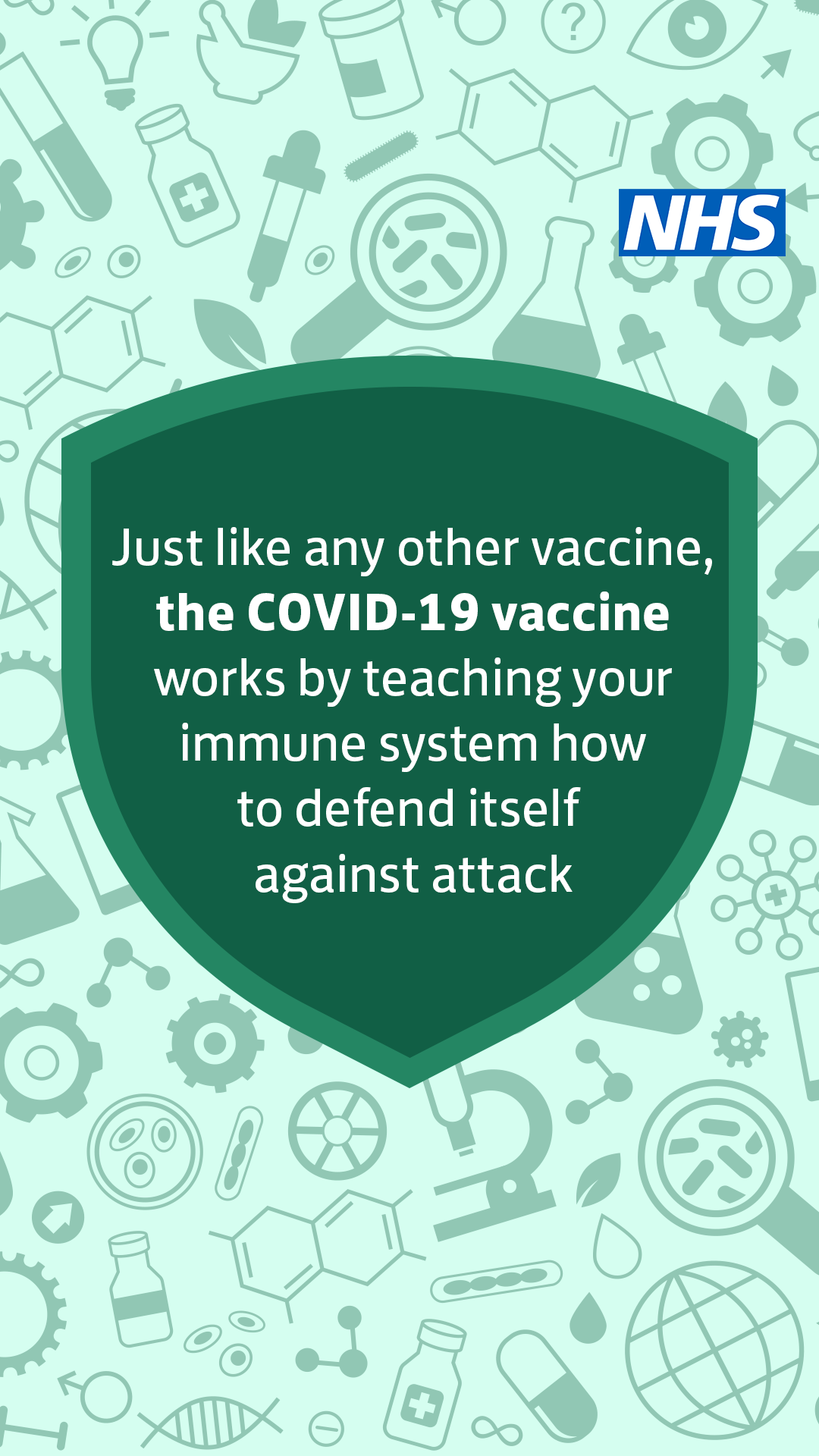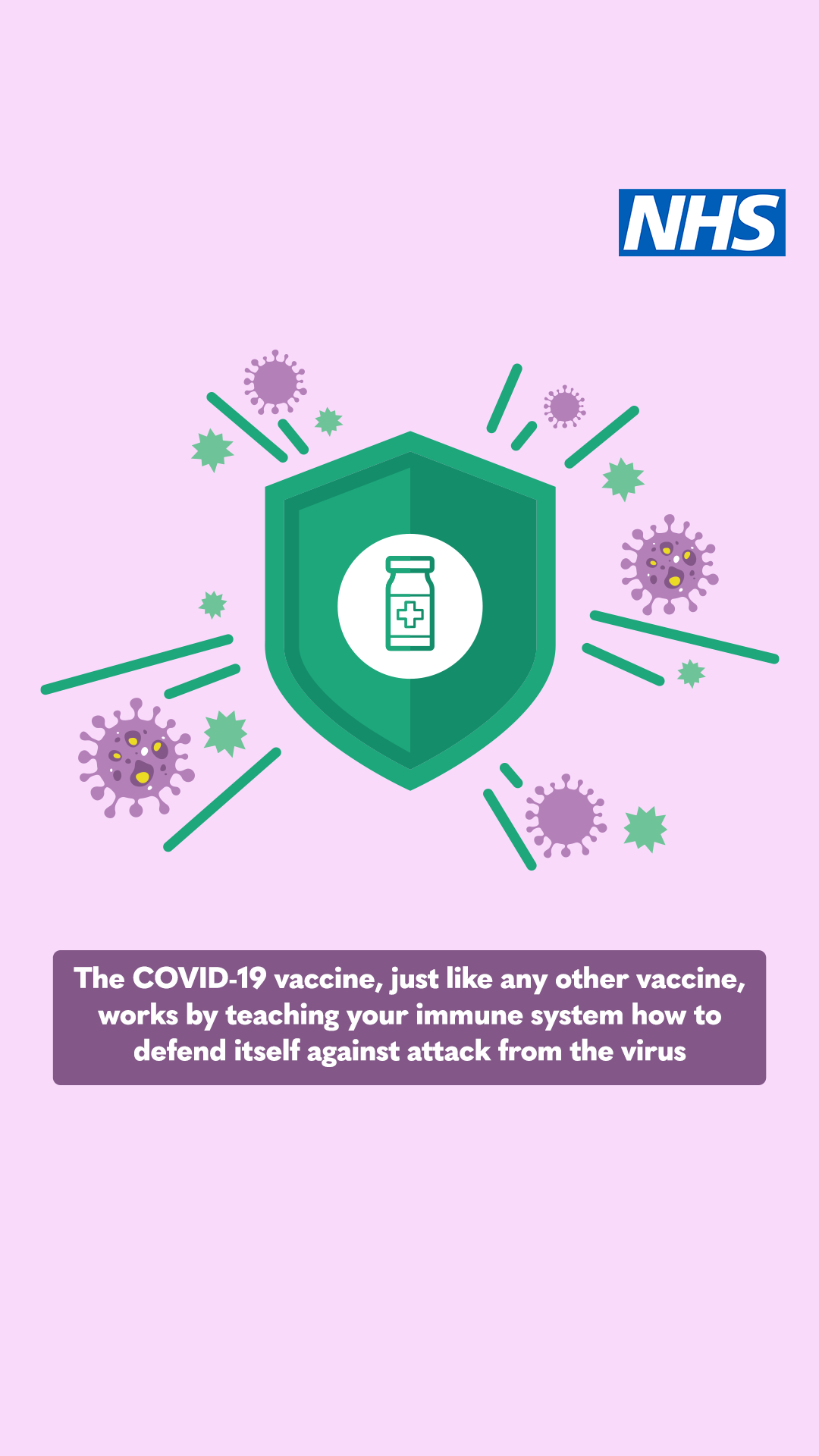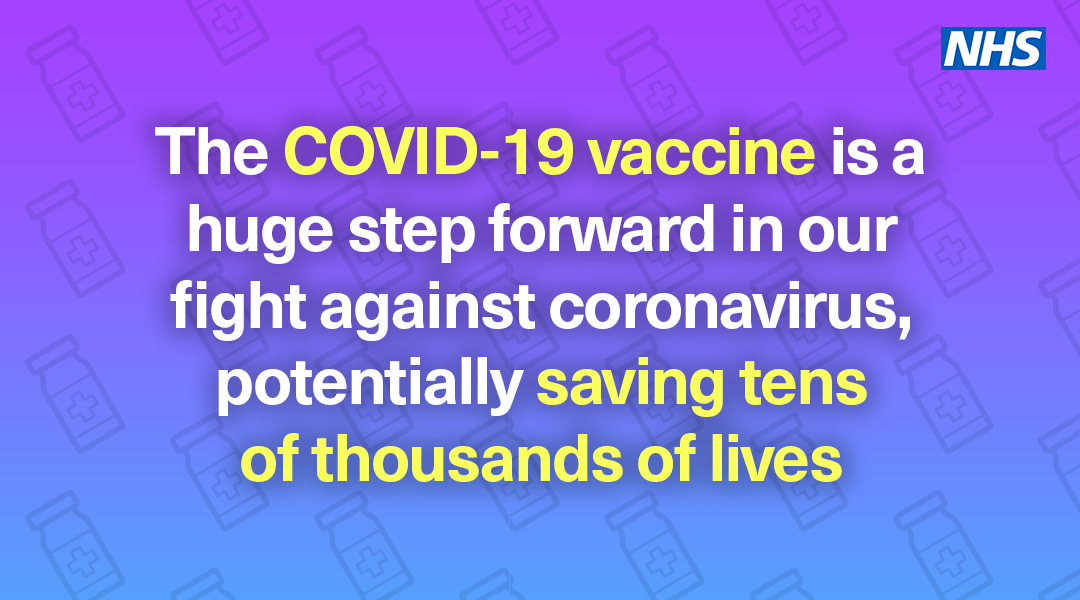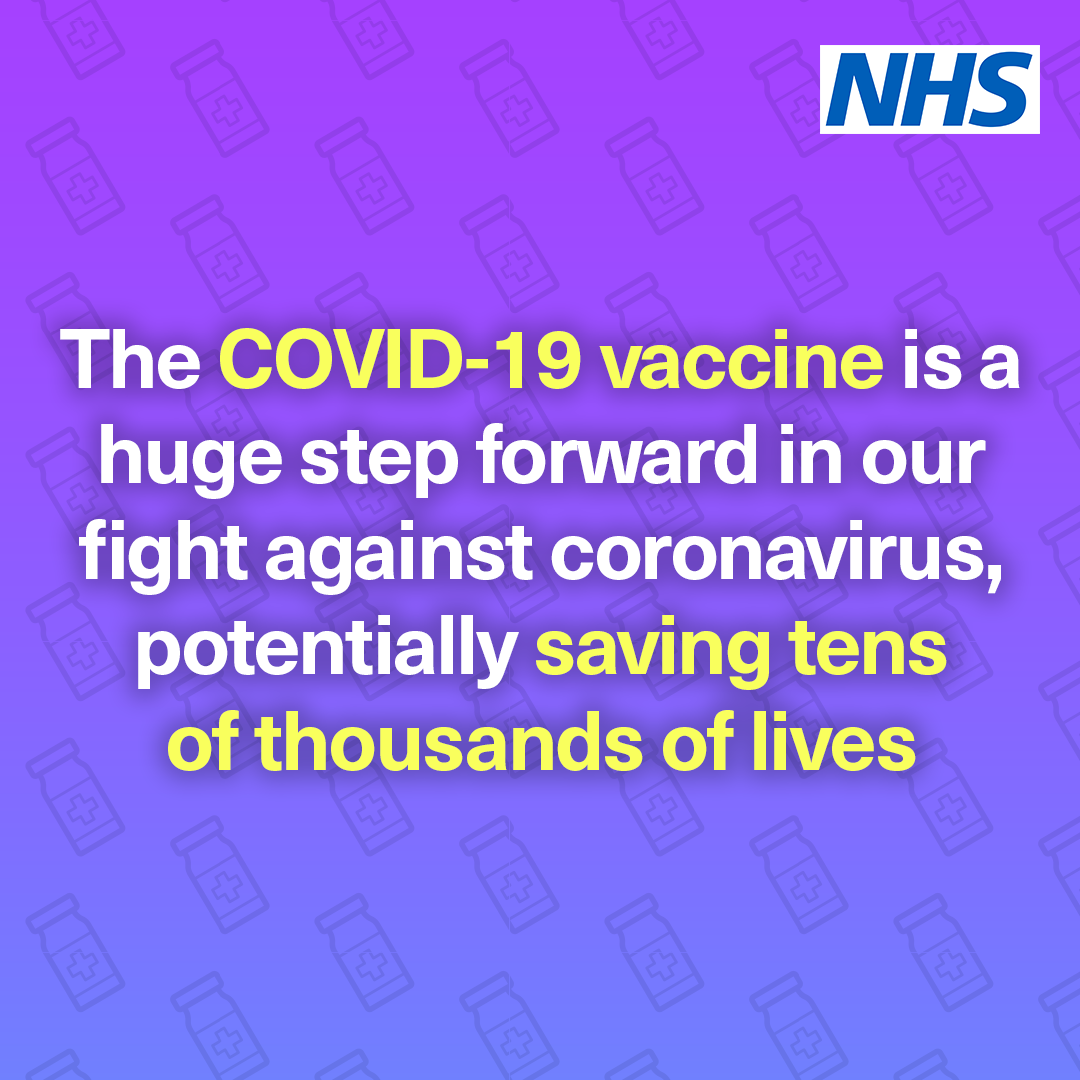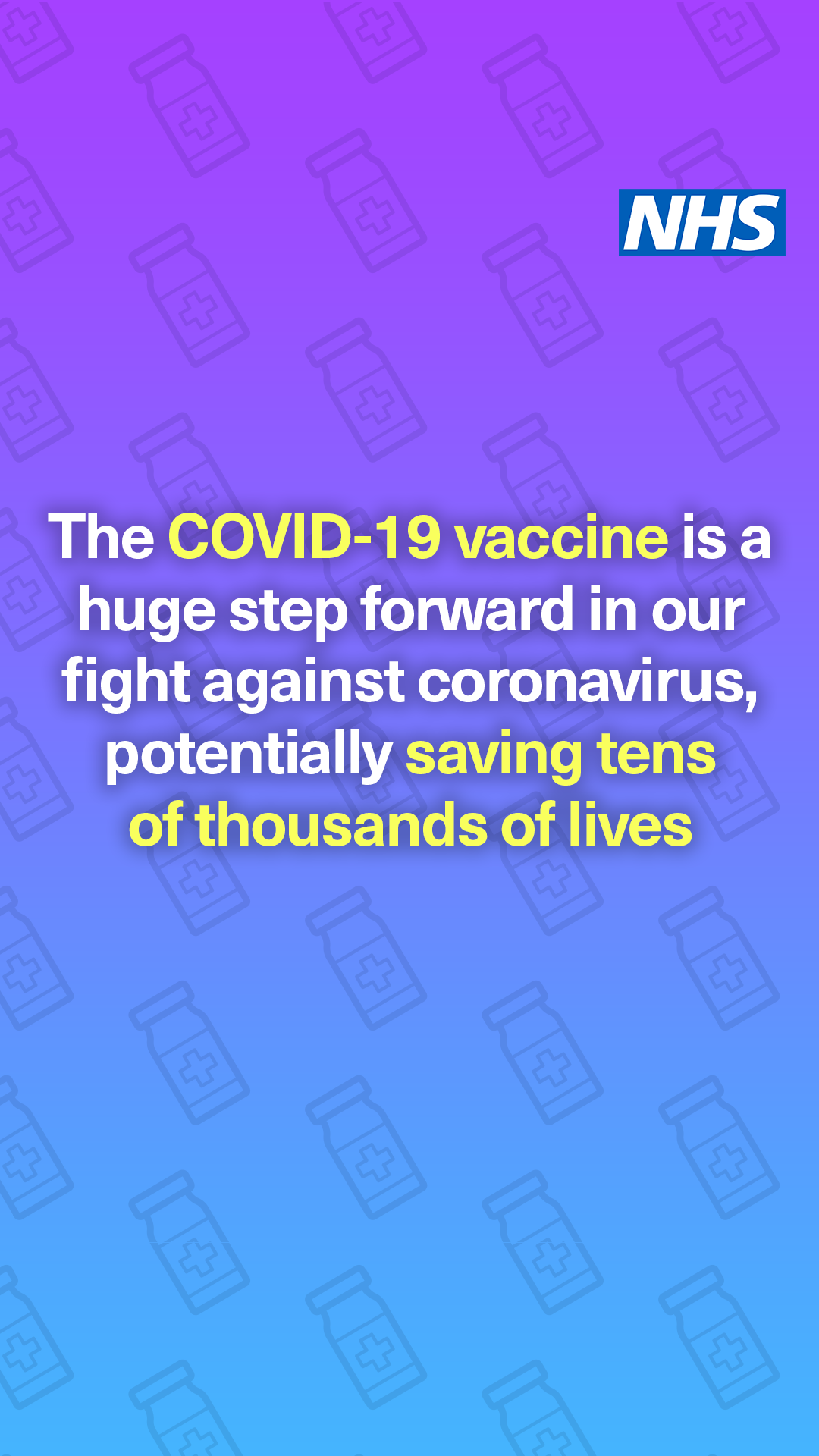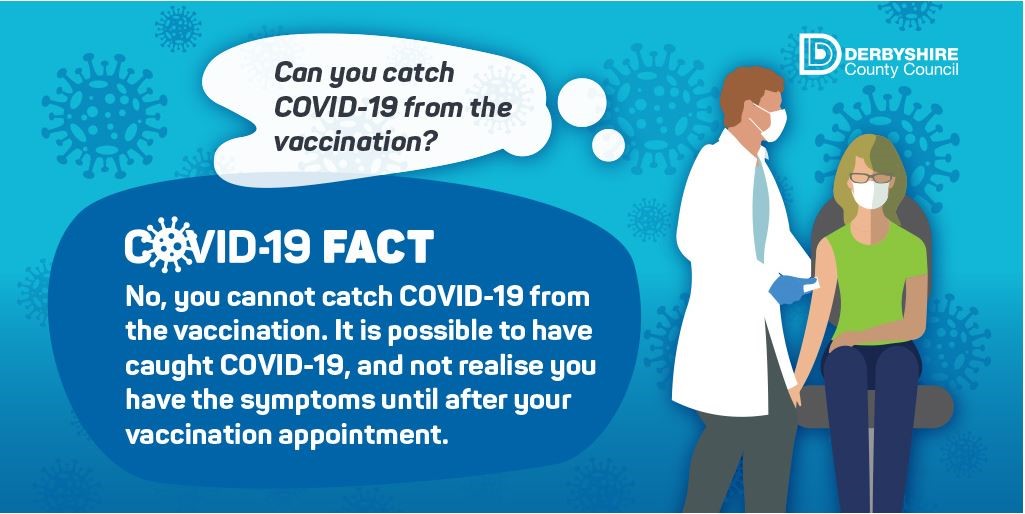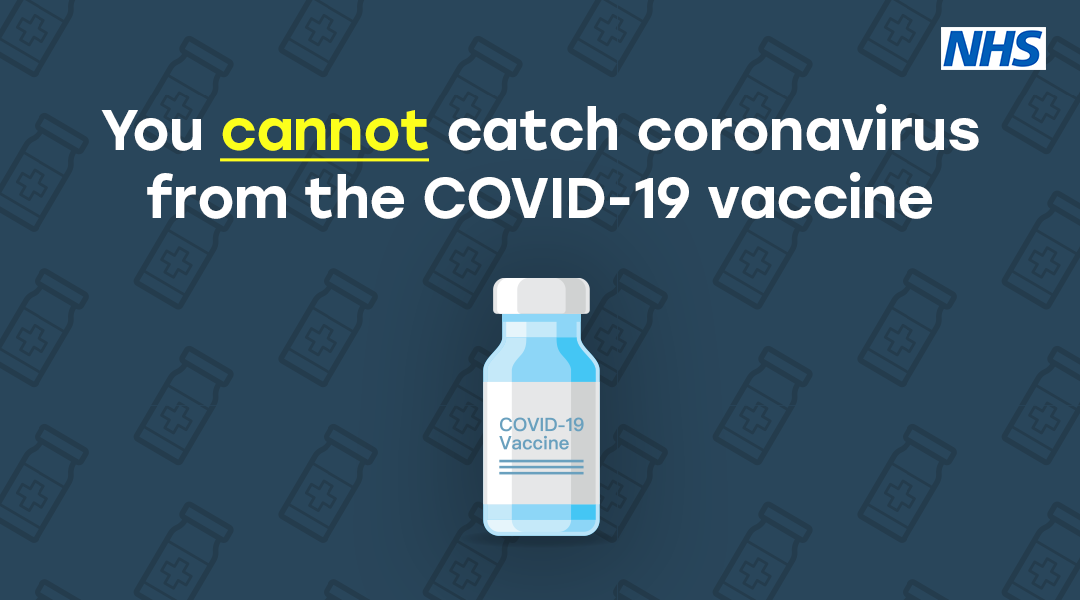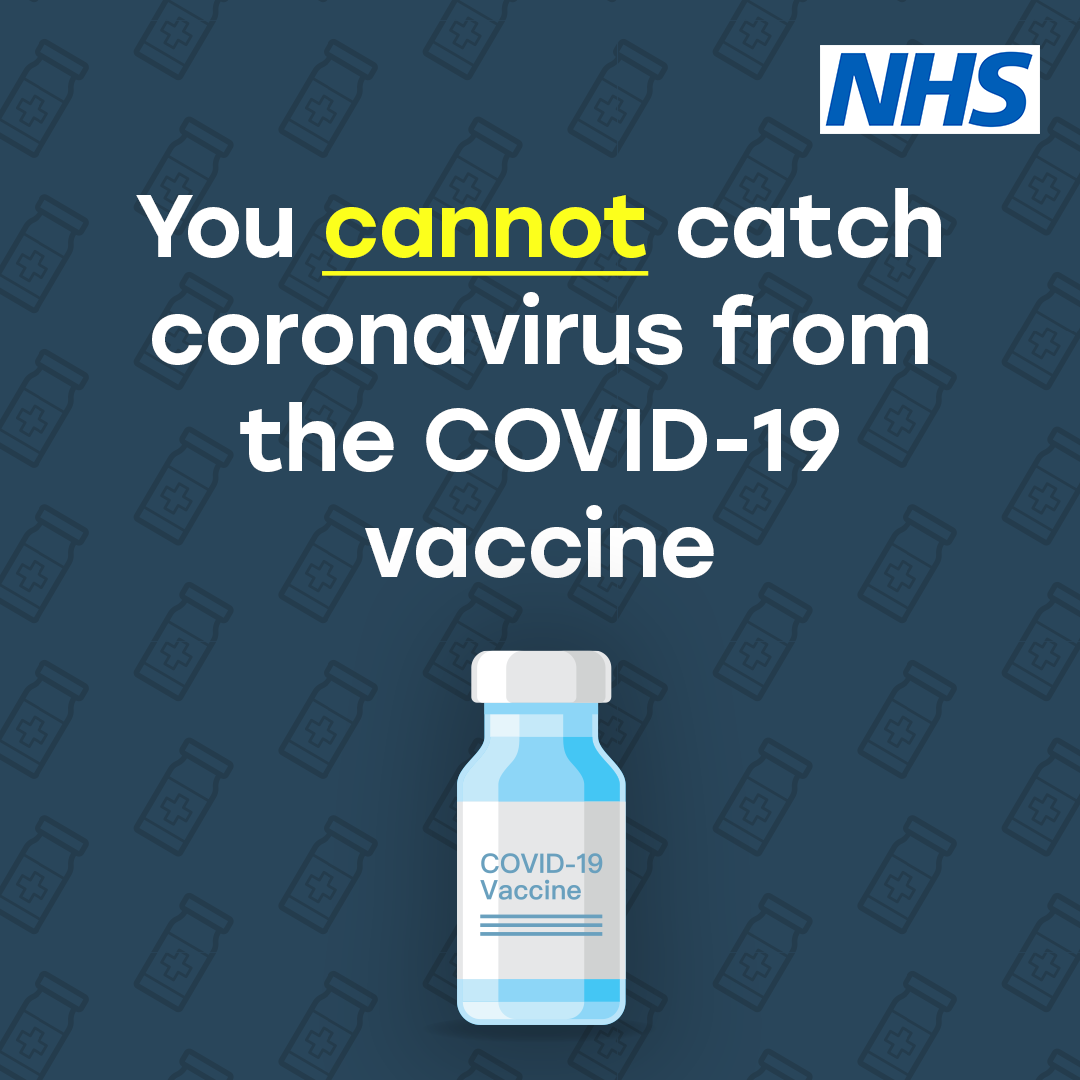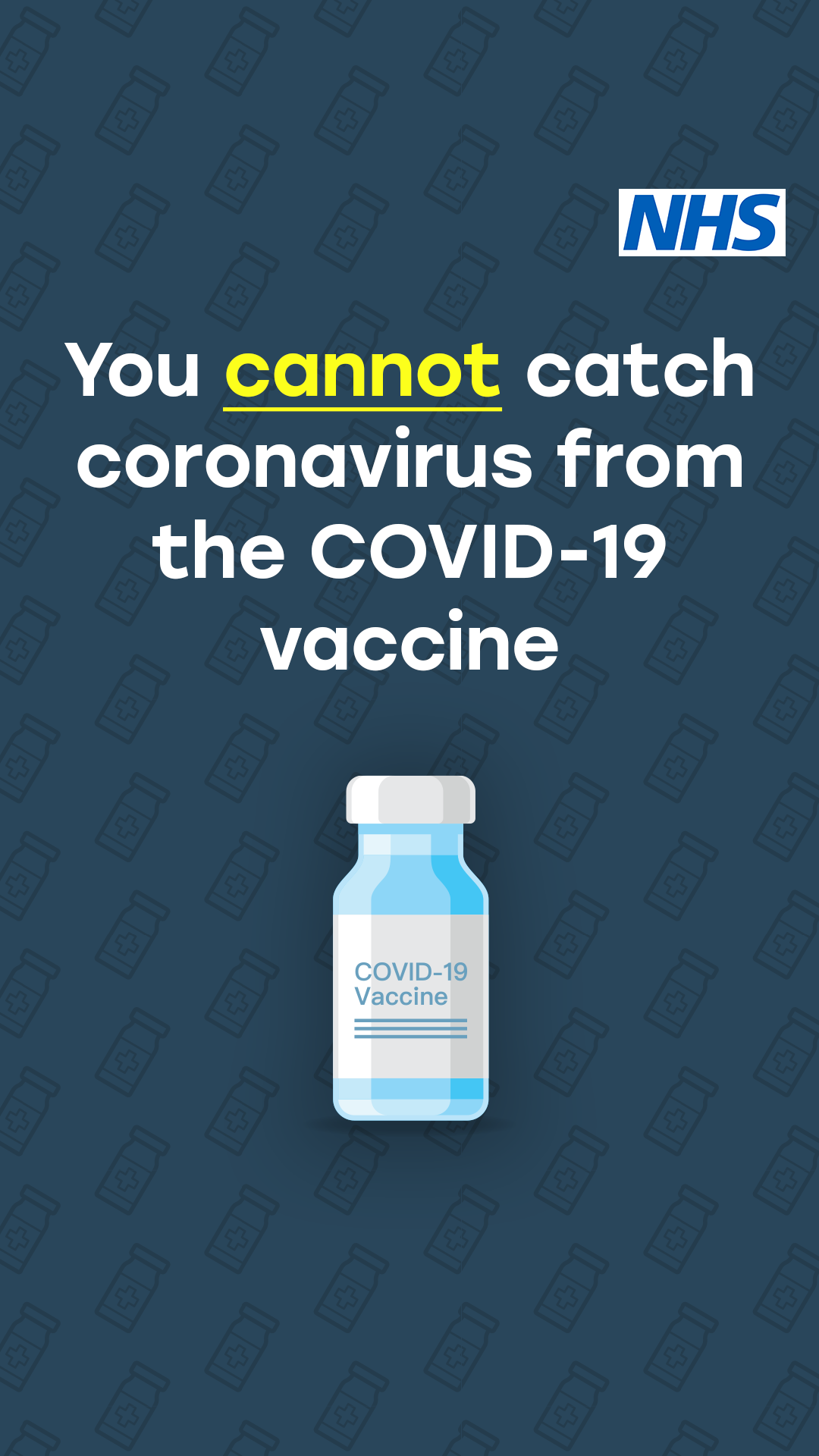Page Contents
Young people may not at such a high risk of becoming seriously ill or suffering long term effects from contracting Coronavirus, but that does not mean that they cannot catch it or transmit it.
Young people have questions about the safety of the vaccine and the potential long term effects of it. They are also the people whose lives have been severely impacted by the lockdowns and restrictions in place to help stop the spread of the virus. Important and exciting life events like birthdays, weddings and graduations have been halted or moved to virtual platforms, gyms and night clubs have been closed, music events and travelling have been cancelled.
They want to return to ‘normal’ as soon as possible, but protecting themselves by having the Covid-19 vaccine is key to enabling the world to open up again.
This page provides videos, social media assets and a set of frequently asked questions to help communicate with young people about the importance of getting vaccinated against Covid-19. [[INTERNAL LINK]]
If you are a young person, a parent, guardian or someone else involved in the care of young people, check out our main information page on young people and vaccinations.
Resources for healthcare professionals and organisations
Videos
Social media images
These images can be shared on social media to raise awareness and help inform young people about COvid-19 vaccination.
Effective defence
Vaccine trials and development
Vaccine effectiveness and safety
How the vaccines work
The vaccine is a huge step forward
You can’t catch Covid-19 from the vaccine
Importance of second doses
Vaccinated people are less likely to get sick
Fact check: Fertility
Fact check: Fertility
Pregnant women can get the vaccine
Other assets
Frequently asked questions
How safe is the COVID-19 vaccine?
The vaccines approved for use in the UK have met strict standards of safety, quality and effectiveness set out by the independent Medicines and Healthcare products Regulatory Agency (MHRA).
Any coronavirus vaccine that is approved must go through all the clinical trials and safety checks all other licensed medicines go through. The MHRA follows international standards of safety. Other vaccines are being developed. They will only be available on the NHS once they have been thoroughly tested to make sure they are safe and effective.
So far, millions of people have been given a COVID-19 vaccine and reports of serious side effects, such as allergic reactions, have been very rare. No long-term complications have been reported.
To find out more about the vaccines approved in the UK, visit our page on vaccine ingredients.
Are there any side effects?
Like all medicines, vaccines can cause side effects. Most of these are mild and short-term, and not everyone gets them. These are important details which the MHRA always consider when assessing candidate vaccines for use. For the Pfizer/BioNTech vaccine, like lots of others, they have identified that some people might feel slightly unwell, but they report that no significant side effects have been observed in the over 43,000 people involved in trials. All patients will be provided with information on the vaccine they have received, how to look out for any side effects, and what to do if they do occur, including reporting them to the MHRA.
Will having the Covid-19 vaccine effect my fertility?
There is no evidence that the Covid-19 vaccines have any effect on fertility or your chances of becoming pregnant.
We have social media resources relating to Covid-19 and fertility. [[INTERNAL LINK]]
Can pregnant women and women who are breast feeding be vaccinated?
Yes. The vaccines do not contain live coronavirus and cannot infect a pregnant woman, an unborn baby in the womb or via breast feeding. The Covid-19 vaccine offers pregnant and breast feeding women the best protection against the disease which can be serious in later pregnancy for some women.
We have social media resources relating to Covid-19 and women who are breastfeeding. [[INTERNAL LINK]]
What about the risk of blood clots from having certain Covid-19 vaccines?
The benefits of vaccination in protecting people against the serious consequences of Covid-19 outweigh the risk of blood clots occurring.
Find out more: https://www.gov.uk/government/publications/covid-19-vaccination-and-blood-clotting
NHS COVID-19 Vaccination Programme
Young people who are not carers, working in healthcare or who are not considered to be extremely clinically vulnerable, have been the last people to be invited to have their Covid-19 vaccine. This is because they are the least at risk of becoming seriously ill or suffering long term complications from contracting the virus. This does not mean they are any less likely to contract and transmit the virus.
For most people, the invitation to book their vaccination will be in the form of a letter either from their GP or the national booking system; this will include all the information you need to book your appointments, including your NHS number.
If you have an appointment for a vaccination, it’s important you attend to protect yourself, and your family.
The vaccination is free and you can get it now.
The COVID-19 vaccine is given as an injection into your upper arm. It’s given as 2 doses. You will have the 2nd dose 8 to 12 weeks after having the 1st dose.

